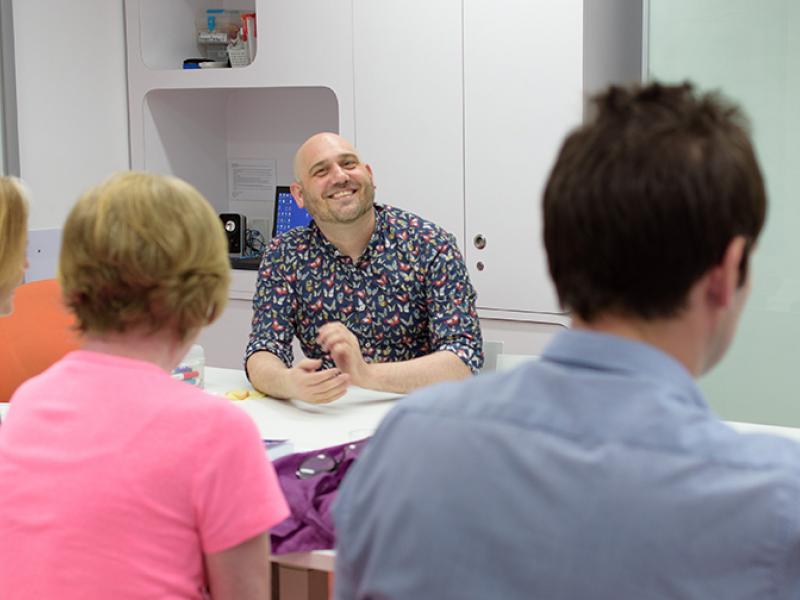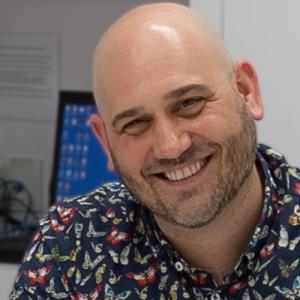24th January 2017
Article by Bryan Holmes and Tom Garside
If you have been teaching for a few years you may be thinking it’s time to complete a Trinity DipTESOL or a Cambridge DELTA. Doing either one will broaden your professional horizons while making a huge leap in your professional development. This is considered a rite of passage in the industry and most committed ESL professionals do it. Personally, I won’t lie; doing one was a slog and was much more difficult than my MA in TESOL. However, preparing yourself will somewhat ease the pain.
First and foremost, do some reading. As there are background essays and assignments, it’s important to improve your subject knowledge, not only grammatically, but also in the areas of phonology and different methodologies.
Listed below are some reading recommendations:
1. Beyond the Sentence by Scott Thornbury.
2. The English Verb by Michael Lewis.
3. Grammar for English Language Teachers by Martin Parrott
4. Learning Teaching by Jim Scrivener.
5. A-Z of ELT by Scott Thornbury.
6. The Language Teaching Matrix, by Jack Richards
7. Methodology in Language Teaching, by Jack Richards and Willy Renandya
These were the books I found particularly useful as they provided a strong foundation for the various skills and knowledge areas that you will develop on diploma level courses.
Secondly, get advice from previous trainees. I’m sure they’ll have plenty of horror stories and practical advice along with the do’s and don’ts. They may even have sample assignments to look at or other materials to nose through.
Thirdly, observe experienced teachers. One of the best ways to learn is by observing fellow teachers who are diploma qualified. Most experienced teachers are not intimidated by having someone sit in while they are teaching. Afterwards it’s a good opportunity to ask questions, such as ‘what do you think went well?’ and ‘why did you do this?’ Ask, ‘what specific objectives were you trying to meet?’
Next, get a handle on lesson planning. A DELTA or DipTESOL plan is far more detailed than a CELTA or CertTESOL lesson plan. Look at pervious examples and do the research to justify every aspect of what you are planning for the class.
While you’re teaching, start anticipating learner needs (e.g. linguistic, phonological, or required vocabulary). Don’t rigidly follow your lesson plan; you will be expected to recognize specific problems and to address them, and you have the chance to justify and reflect on any changes you made during the lesson itself.
If you´d like to know more about the DipTESOL offered in Hong Kong, why not join one of our CPD training sessions?
So let’s get started, ask yourself - Are you ready to start the next stage of development? Are you prepared to take your teaching practice to the next level?
Tom Garside, EfA’s Director of Teacher Training, has 18 years of teaching and training experience in Europe, New Zealand and China. He holds a degree in Linguistics and French, Cambridge CELTA and DELTA qualifications, a Post-Graduate Diploma in TESOL and an MATESOL. He has trained teachers in Europe, as part of the European Union Comenius teacher development project, provided initial training for the Trinity CertTESOL and provides in-service training for native and non-native-speaker teachers in a wide range of teaching situations.



